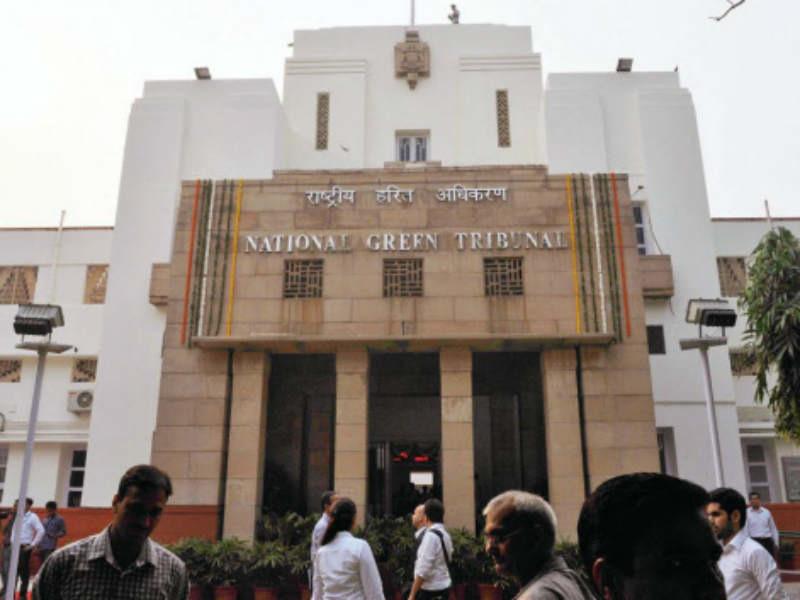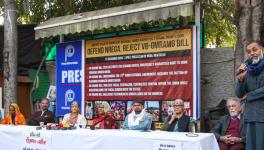Is Delhi Police Using Sec.144 to Curb Fundamental Rights of Speech and Assembly?

A petition has been filed in the Supreme Court by Aruna Roy of Mazdoor Kisan Shakti Sanghatan (MKSS) seeking guidelines for holding public protests and meetings in Delhi. The petitioners’ concern was that the Delhi Police was arbitrarily using Section 144 of CrPC to deny permission to hold peaceful protests in the capital city. They claimed that two Fundamental Rights – freedom of speech in Art.19(1)(a) and right to assemble in Art. 19(1)(b) – enshrined in the Constitution were being violated as the police administration was misusing the provisions of S.144 CrPC. The petition said that the Magistrate can impose the ban for a period of only two months and the state government can extend it to a maximum of six months. But in Delhi, the petitioners claimed, the order was “permanent or semi-permanent in character,” and amounted to abuse of power by the Delhi Police.
Sec.144 of the Criminal Procedure Code gives power to specified officers to issue orders to people in urgent cases of nuisance of apprehended danger. The orders can include not assembling at a point or not shouting slogans etc.
Recently, the National Green Tribunal (NGT) imposed a ban on protests at the Jantar Mantar Road in New Delhi stating that the meetings were causing pollution and affecting the health of the three families living on that street. The NGT’s order shifted the venue of the protest to Ramlila Grounds. Interestingly thousands of families live in the vicinity of the new venue but the order did not seem to apply its mind on the consequences for these families.
This petition filed by MKSS is significant because people from across the country come to Delhi to protest and hope that the Parliament listens to their grievances. But with the NGT order the protesters are forced to go to a place that is far from the Parliament and does not catch anyone’s attention, leave alone the media. Previously the protests in Delhi were held at the Boat Club lawns close to the parliament building but after 1993 onwards the protests were restricted and whole of Central Delhi which has most of the government offices was out of bounds for the protesters.
A report by PTI states that the Supreme Court issued notices to the Centre and the Delhi Police seeking their views on the plea of seeking to “declare as illegal the banning of all assemblies and protests in central Delhi and the New Delhi area.” The report also stated that a Bench comprising Justices A K Sikri and Ashok Bhushan were of the view that there was need of guidelines so that fundamental right to protest was not violated and the public were not inconvenienced.
Get the latest reports & analysis with people's perspective on Protests, movements & deep analytical videos, discussions of the current affairs in your Telegram app. Subscribe to NewsClick's Telegram channel & get Real-Time updates on stories, as they get published on our website.
























